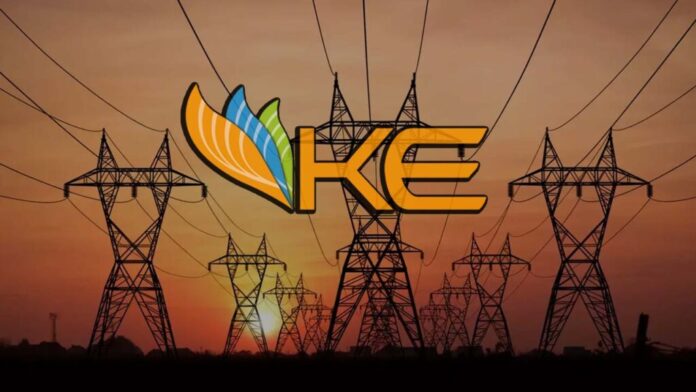A consortium of Saudi and Kuwaiti investors in K-Electric has issued a formal notice of dispute to the Government of Pakistan, seeking $2 billion in compensation for alleged breaches of investment rights, The News reported.
The timing of the notice coincided with the prime minister’s planned visit to Saudi Arabia, adding diplomatic sensitivity to the issue. The notice, served under the Organisation of Islamic Cooperation (OIC) Investment Agreement, could potentially escalate into international arbitration.
The principal investors—Saudi Arabia’s Al Jomaih Group and Kuwait’s Denham Investments Limited—are represented by London-based law firm Steptoe International (UK) LLP.
Dated October 20, the notice was delivered to the Attorney General for Pakistan, the Prime Minister’s Office, and the Special Investment Facilitation Council (SIFC). This marks the first claim filed against Pakistan under the multilateral OIC Investment Agreement.
The investors allege Pakistan violated its international commitments by obstructing business operations, delaying regulatory approvals, and failing to protect their investment from unlawful interference.
According to the investors, these actions caused losses exceeding $2 billion, including depreciation in K-Electric’s market value, increased debt servicing costs, and reputational damage following the stalled sale to Shanghai Electric. They have called on the government to enter “good-faith negotiations” to resolve the dispute but reserved the right to initiate arbitration if talks fail.
According to The News report, the 67-page notice identifies three main disputes. The first concerns Pakistan’s failure to approve the $1.77 billion sale of K-Electric shares to Shanghai Electric Power—an agreement reached in 2016. The investors claim the government’s delay in granting key approvals, including tariff notifications, foreign exchange clearance, and national security consent, constitutes “indirect expropriation” under international law.
The second dispute relates to delayed government payments and tariff revisions. The investors allege that authorities have withheld tariff differential subsidies and other dues owed to K-Electric, while pressing the company for payments with penalties.
They also accuse the Ministry of Energy of influencing the National Electric Power Regulatory Authority (NEPRA) to alter K-Electric’s multi-year tariff, shifting its return on equity from US dollar to Pakistani rupee terms—a change they claim would cost the utility nearly Rs100 billion annually.
The third dispute involves what the investors describe as an “orchestrated takeover attempt” of K-Electric’s parent company by Pakistani businessman Shaheryar Chishty through offshore entities. The notice alleges that Chishty gained control of the holding structure without mandatory disclosures and misappropriated around Rs10.35 billion.
The investors further accuse the Securities and Exchange Commission of Pakistan (SECP), the State Bank of Pakistan (SBP), and the Federal Investigation Agency (FIA) of failing to act on their complaints, claiming discriminatory treatment compared to the scrutiny imposed on them.
The investors said they remain open to an amicable resolution but warned that continued inaction by the government could trigger formal arbitration proceedings under the OIC framework.




